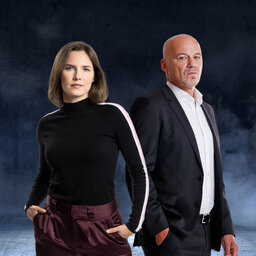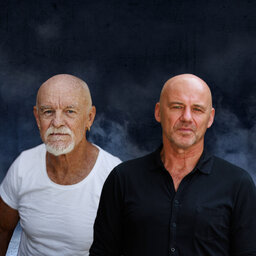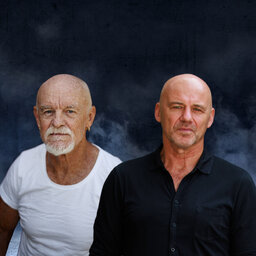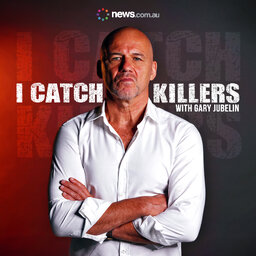Cold blooded mass murder: Ted Bassingthwaighte Pt.1
When former detective Ted Bassingthwaighte met mass murderer Malcolm Baker, he saw the psychopathically cold look in his eyes. Years earlier, Baker - who was married three times, met 16 year old Kerryann Gannon. He was obsessed, wanting complete control. So when she ended the relationship, he was filled with jealous rage. Armed with his gun, he violently rampaged the small Australian town, killing anyone in his sight.
This episode of I Catch Killers discusses family violence. If this raises any issues or concerns, you can reach out to White Ribbon Australia on 1800RESPECT.
To buy a copy of the book, Bloody Odyssey, email Ted Bassingthwaighte directly at bassingthwaighte@bigpond.com, or find one here.
Can’t get enough of I Catch Killers? Stay up to date on all the latest crime news at The Daily Telegraph.
Get episodes of I Catch Killers a week early and ad-free, as well as bonus content, by subscribing to Crime X+ today.
Like the show? Get more at icatchkillers.com.au
Advertising enquiries: newspodcastssold@news.com.au
Questions for Gary: icatchkillers@news.com.au
Get in touch with the show by joining our Facebook group, and visiting us on Instagram or Tiktok.
In 1 playlist(s)
I Catch Killers with Gary Jubelin
After 25 years working in homicide, former Detective Chief Inspector Gary Jubelin is sitting down ac…Social links
Follow podcast
Recent clips

More than the girl accused of murder: Amanda Knox Pt 1.
46:48

Defusing bombs, cheating death: John Taylor Pt.2
1:00:23

32 years at the sharp end: John Taylor Pt.1
59:06
 I Catch Killers with Gary Jubelin
I Catch Killers with Gary Jubelin